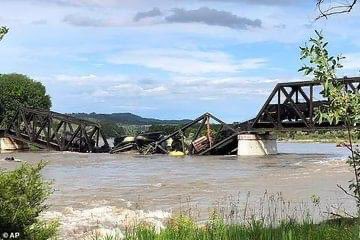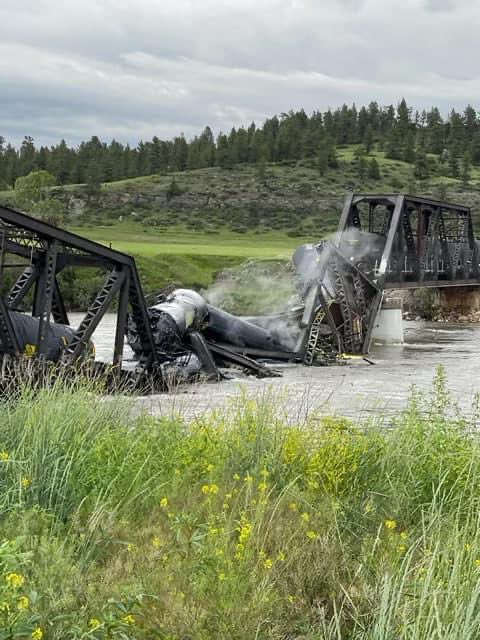I spent today catching up on housework, so today’s post is a video about the Strid at Bolton Abbey. This is a section of the River Wharfe where the river basically turns on its side. It becomes very narrow, and very, very deep. It’s often called the most dangerous river in the world, and while the sheer number of dead probably doesn’t support that, the history of the river does. Basically, if you fall in, you do not come out alive, and you’re not guaranteed to come out at all. The current is strong, and flows through caves as well as the main channel, and it has historically been difficult to get a clear notion of the Strid’s depth. This fellow on Youtube got a little sonar ball to see what he could find, and his equipment measured the Strid at 65 meters deep. For my fellow USians, that’s about 213 feet. That’s the height of a 20-story building, while being a couple meters wide.
I really hope, some day soon, someone is able to make a digital model of the Strid, because I’d love to see what it actually looks like down there.
Edit: I had missed a later video by the same fellow, which gave a slightly shallower reading of 56 meters, which is still astonishingly deep, for such a narrow bit of water.


